
An election surprise, a Press Club debate, and investment inertia: 2025 in review
Posted on 10 Dec 2025
What a year 2025 has been, particularly at a national level where the Parliament and politics as we…
Posted on 30 Jun 2025
By Dr Sarah Richardson

Not-for-profit innovation is keeping girls safe from online sexploitation and helping them realise their dreams, writes Dr Sarah Richardson, a not-for-profit innovation researcher and the chair of international anti-trafficking organisation AusCam Freedom Project.
More than 50 million people around the world – seven in 10 of them girls or women – are victims of human trafficking.
Also known as modern slavery, human trafficking sees these women and girls subject to forced commercial sexploitation, labour or marriage.
Alarming statistics reveal that people's fundamental rights are still being breached – rights that the United Nations Universal Declaration of Human Rights sought to protect 75 years ago.
Sexploitation has now morphed into sexploitation online, a spiralling new threat that reflects the digitisation of society.
In Australia, cyber bullying of young people has quintupled in the past five years, with almost one in two kids and teens bullied online.
In Cambodia, one in four girls has suffered sexploitation online, and one in two girls consistently feels afraid of someone online. Yet because it’s a taboo topic, this type of sexploitation is hidden in shame among Cambodians.
Victims are hard to reach because four in five girls drop out of school to earn an income. This situation has been exacerbated by the replacement of traditional communication media being replaced by social media.
In a country where one in two citizens are aged under 25, Facebook and TikTok reach almost three-quarters of the population. An estimated nine out of ten 15- to 30-year-olds use social media.

When covid lockdowns hit Cambodia, girls became more isolated than ever.
Simultaneously, at AusCam Freedom Project, an international anti-trafficking charity operating in Australia and Cambodia, our access to young Cambodian girls through our historic school and the wider community virtually disappeared.
With the onset of covid in April 2020, in an effort to help keep girls safe from sexploitation, we launched the no-charge 24/7 Freedom Line, Cambodia’s first and still only teen-girl helpline.

Our trained social workers provide crisis counselling and information, remove offensive web material, and connect victims to investigation services hunting perpetrators, as well as to legal aid and medical care. They also provide pathways to our case management and education support.
Yet over the covid period and subsequent road to recovery, despite the launch of Freedom Line, the critical issue of girls’ sexploitation remained.
Its online form soared perilously, and calls to Freedom Line remained low.
Online sexploitation risk factors and support for victims who feel ashamed and fearful are complex and culturally based.
Trafficking’s number one risk factor is non-attendance at school, which makes access to education a key prevention strategy.
To help our social workers support callers, in September 2023 we introduced a paper-based risk-assessment tool.
Using an evidence-led clinical approach, this comprehensive assessment identifies a girl’s individual risk and enables support tailored to her healing and self-development journey, moving her from victim to survivor to resilient girl to hero over a long, deep, structured process.
During this phase, through our research and interactions with at-risk girls, we learnt that sexploitation information, guided self-assessment, teen customisation and anonymity could significantly increase Freedom Line access and impact.
"Online sexploitation risk factors and support for victims who feel ashamed and fearful are complex and culturally based."
In April 2024, we launched Neary, the Freedom Line’s virtual Safe Sister, to build program awareness and provide additional anonymity and a teen-focused emotionally safe environment.
Neary, which in Khmer means “miss”, helps educate girls about sexploitation. It provides access to customised interventions, anti-abuse information, and positive-parenting support.
Our digitised risk-assessment tool, unveiled to coincide with Neary’s launch, allows each girl to rate their overall risk of sexploitation by self-assessing against 12 key indicators before identifying steps to protect themselves.
We have promoted the Freedom Line via teen-based tuk-tuk advertising, not-for-profit and community group website posts, posters in cafes and government schools, and social media.
Since Neary’s launch, our Freedom Line promotional activity now also includes a dedicated AusCam Safe Sister website with Freedom Line messaging, boosted social media, two animated films, Safe Sister workbook stickers and advertising, and Safe Sister–led events and digital activity.
In 2024, our innovative Freedom Line program raised girls’ awareness of sexploitation.
Calls to the crisis line doubled, and we reached thousands of girls through Neary, who received high feedback scores and generated multiple risk self-assessments.
The helpline also revealed girls’ healing and development journey insights, providing rich proprietary data to help us to understand and customise support for other vulnerable girls.
The program has also contributed to AusCam’s long-term impact, helping us build impressive team experience, develop a tech improvement culture, generate powerful media coverage, and win awards for innovation and creativity.

From late 2024, we’ve continued to innovate by developing, training, and supporting a digital-enabler group of Safe Sisters that now comprises 20 digital influencers who advise 30 campaign groups, each with seven tech-savvy young women.
These influencers promote the Freedom Line through social media activity and participation in events and competitions, where they share thousands of stickers emblazoned with our Freedom Line teen imagery, helpline number, and Neary link and QR code.
These digital influencers have proved instrumental in amplifying our message.
By leveraging their youth insights, personal networks and local contextual understanding, they’ve created and communicated tailored online content that resonates deeply with Cambodian youth. Their efforts have both magnified awareness and helped girls and young women feel connected to and supported by their tribe.
Our AusCam Safe Sisters have also organised community events, workshops, and school outreach programs. These initiatives provide safe spaces for girls to canvass experiences and challenges, have meaningful conversations, access resources, and learn about their rights. Feedback from girls has highlighted their growing confidence in recognising and addressing exploitation risks.
Social media following and engagement on our platforms, including Facebook and Instagram, have multiplied. More girls now reach out via the Freedom Line, inspired by interactive posts, survivor stories and educational content. Neary’s integration into these platforms ensures at-risk girls and their networks have immediate girl-friendly access to support and information.
Looking ahead, we aim to further expand our digital footprint and extend access to the Freedom Line, exploring partnerships with local influencers and content creators to diversify our outreach to where girls are.
By continuously adapting to the evolving digital landscape, we will stay connected to girls’ exploitation insights and needs in our ongoing commitment to empowering and safeguarding them against exploitation.

Posted on 10 Dec 2025
What a year 2025 has been, particularly at a national level where the Parliament and politics as we…
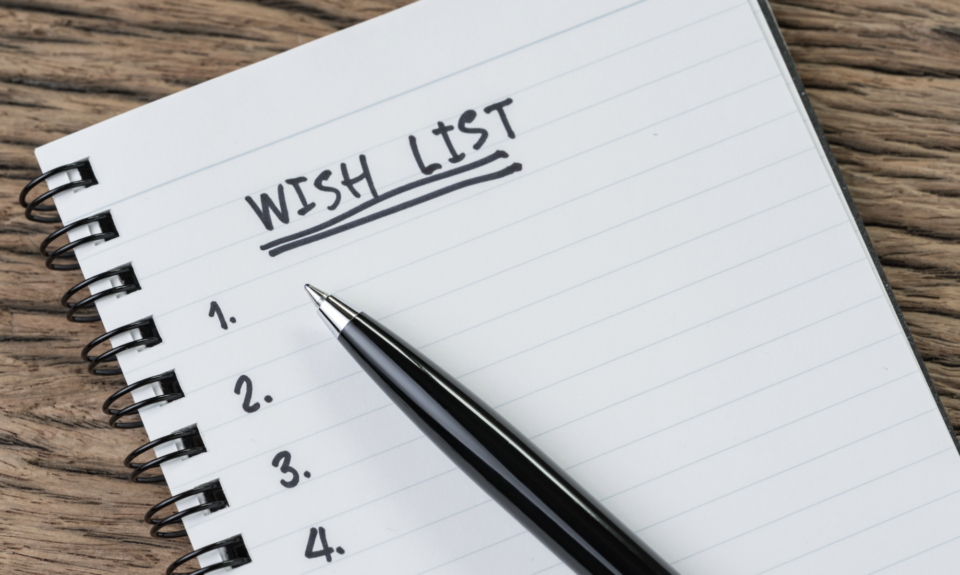
Posted on 26 Nov 2025
Charities and not-for-profits can be outstanding advocates for their cause, their community, their…

Posted on 12 Nov 2025
Managing a charity or not-for-profit in Australia is often more complex than it may appear. On any…
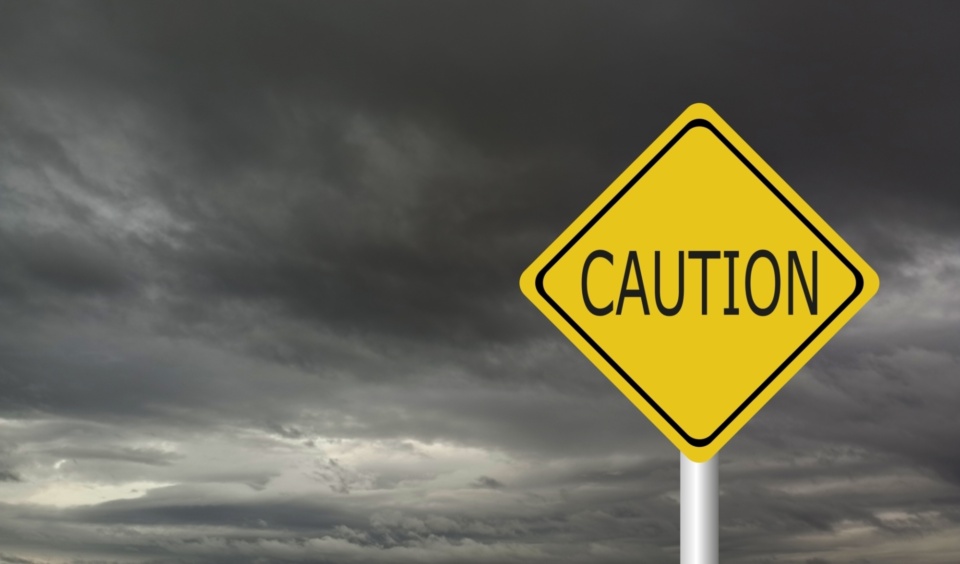
Posted on 29 Oct 2025
One of the most contentious debates across many areas of human services is the for-profit versus…
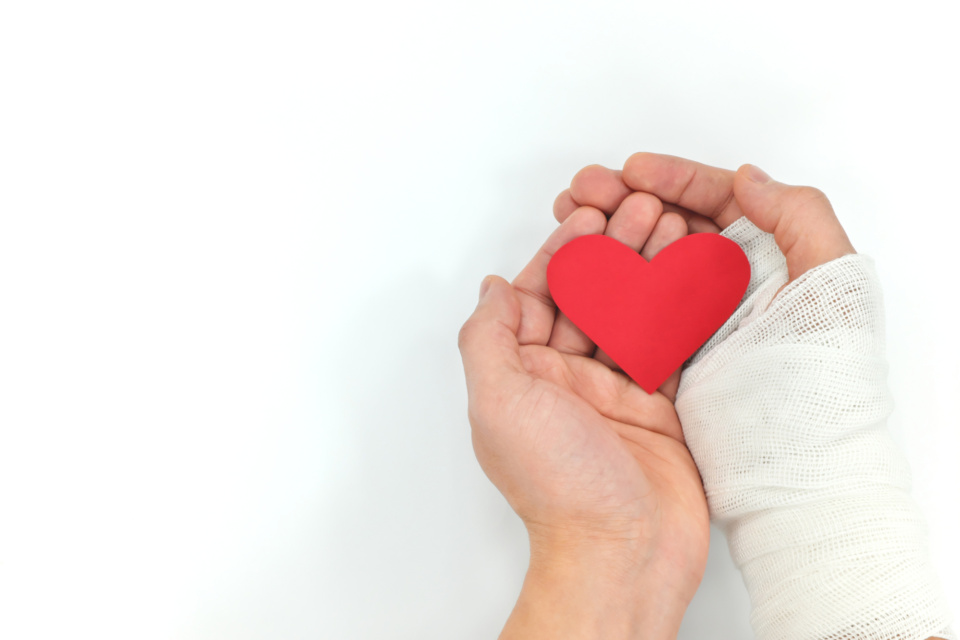
Posted on 28 Oct 2025
Workers in the not-for-profit sector lift up communities, care for those in crisis and do work that…
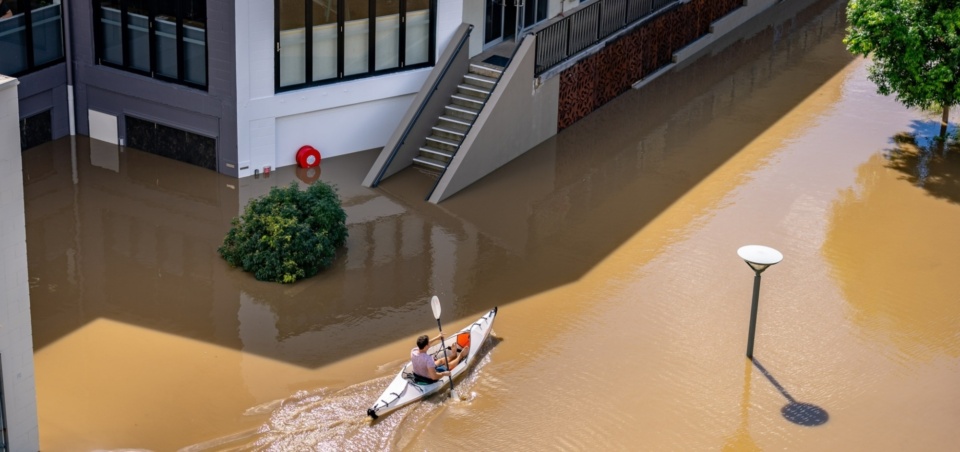
Posted on 08 Oct 2025
The cost of climate change's impact on Australian life is increasingly well documented. The…
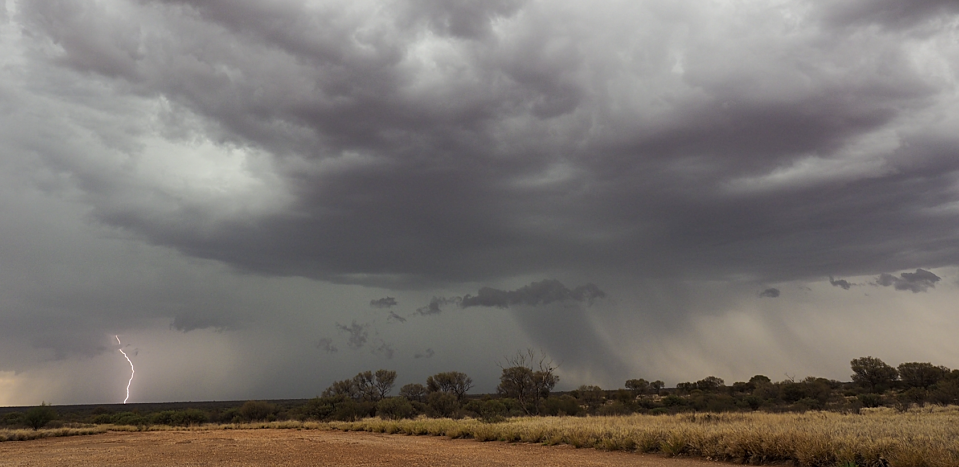
Posted on 08 Oct 2025
The Wurundjeri Indigenous people who live in and around Melbourne understand their environment as…

Posted on 30 Sep 2025
I am proud of what Our Community, and its exceptional team, have achieved in the past 25 years. As…
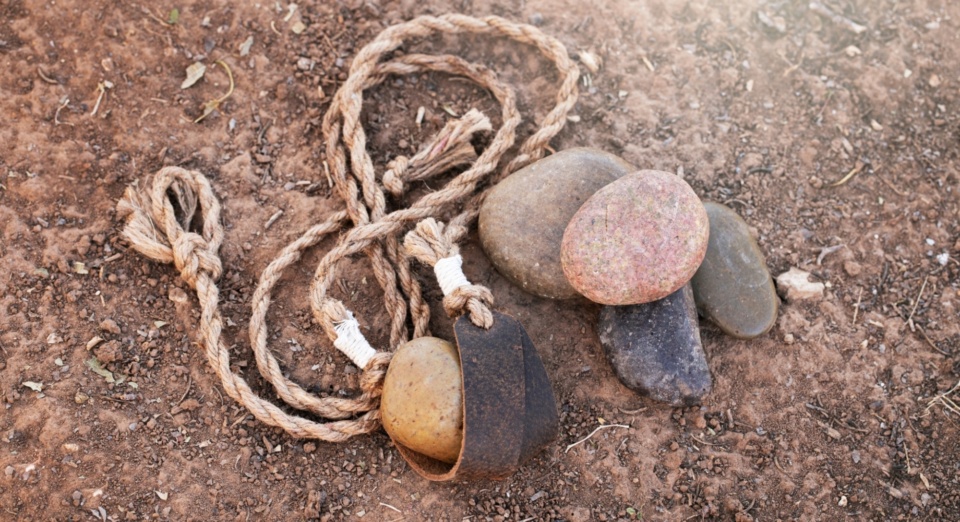
Posted on 24 Sep 2025
If a business ran the government, a corporatocracy would likely emerge, prioritising profit over…

Posted on 09 Sep 2025
This has been another big week in the evolving story of tech oligarchs versus Australia, profit…
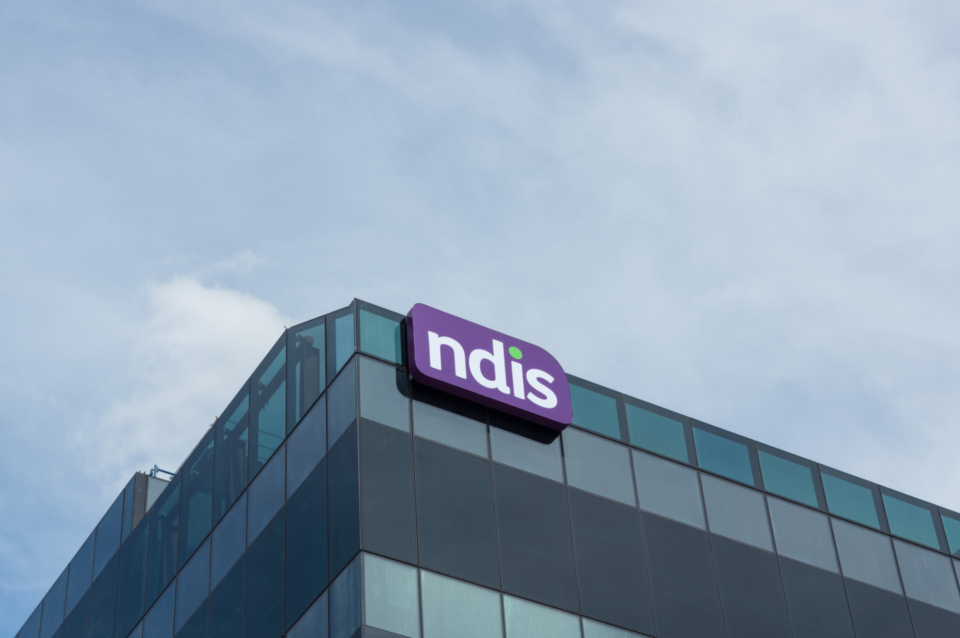
Posted on 03 Sep 2025
The problem with the NDIS is not autistic families or children, says Annabel Rattigan, a leadership…
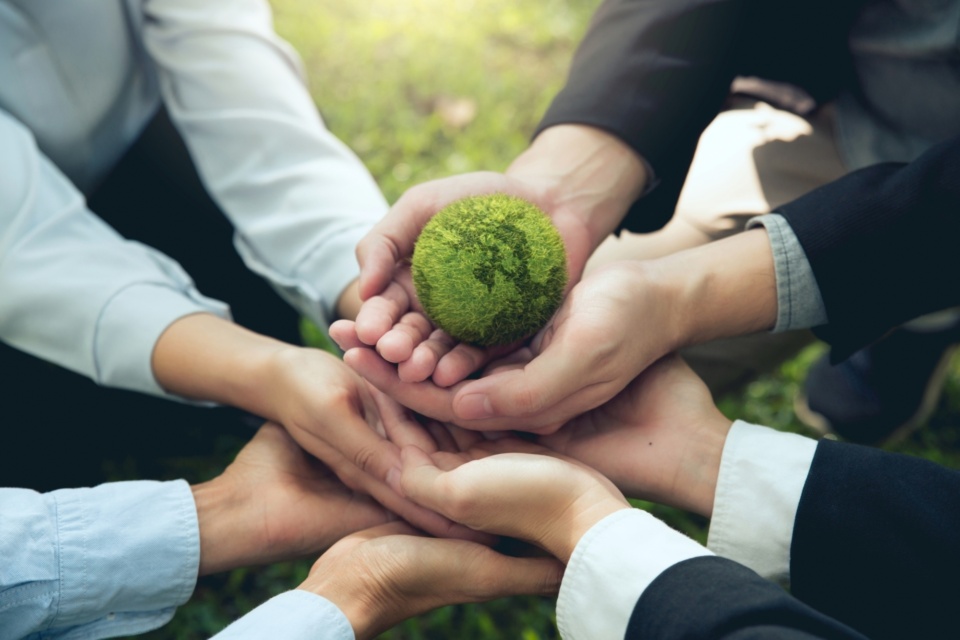
Posted on 27 Aug 2025
It used to be that businesses could concentrate on profits, profits and profits, only playing in…